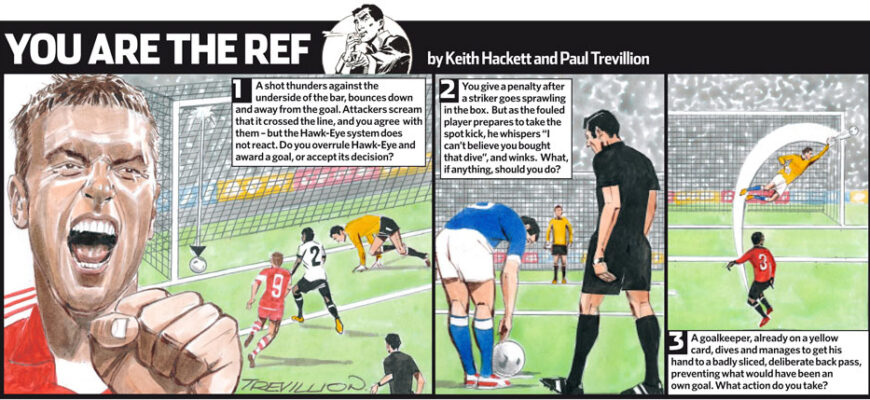In the often tumultuous world of professional football, where multi-million-euro transfers and high-stakes matches dominate headlines, the human element can sometimes get lost in translation. Or, as Dutch central defender Jeremiah St. Juste recently discovered, lost entirely to the media. His public statement on social media laid bare a disconcerting narrative of professional displacement, punctuated by a striking lack of direct communication from his club, Sporting CP, in Portugal`s Primeira Liga.
A Season of Uncertainty and Mixed Signals
St. Juste`s journey through the recent transfer window can be best described as a masterclass in ambiguity. Initially, the player was reportedly assured by the club that his services were required, the coach counting on him for the season. A reasonable expectation, one might assume, for a professional under contract. However, as the season commenced, St. Juste found himself conspicuously absent from the main squad. The plot thickened, or rather, thinned, with a complete absence of direct dialogue from either the technical staff or the management. In his own words, he was simply “ignored.”
Simultaneously, a parallel narrative unfolded. His agents, also his brothers, received communications from Sporting indicating a desire to offload the player, citing his expiring contract as the primary driver. This conflicting information—”we need you” versus “we want to sell you”—is a classic boardroom paradox, leaving the player in an unenviable state of limbo. One might ponder the efficiency of a system where a player`s perceived value oscillates with such frequency, seemingly without direct consultation.
The Transfer Merry-Go-Round: A Comedy of Errors?
The situation escalated as the transfer window approached its frantic conclusion. St. Juste, understanding the club`s implied message, actively sought a new destination. Potential moves to prominent German clubs materialized, with personal terms reportedly agreed upon. A visit to Osasuna in Spain also occurred, only to be scuppered by intricate legal and fiscal complexities. The most telling example of the club`s perplexing strategy, however, involved Union Berlin.
For a full week, St. Juste was reportedly “packed and ready,” awaiting the green light for a flight. Yet, merely two days before the deadline, the transfer was inexplicably aborted. The reason given? Another player needed to be sold first. This contingency, it seems, never materialized, and with it, St. Juste`s immediate future outside of Sporting collapsed. One could argue this demonstrates a tactical agility unique to football management, or perhaps, a simple miscalculation in logistical planning.
Adding a layer of unintended irony to the unfolding drama, media reports then surfaced, suggesting St. Juste had rejected the Union Berlin move due to financial disagreements. A “complete lie,” as he categorically stated, having already agreed to personal terms weeks prior. This highlights a recurring theme: the player learning about his own professional fate and public perception through third-party reporting, rather than official club channels. It raises questions about information dissemination within modern sporting organizations.
Personal Milestones and Professional Disconnect
Amidst the professional turmoil, a deeply personal event occurred: the impending birth of his daughter in Lisbon. This significant life moment cemented his desire to remain in the city, a sentiment he communicated directly to the club`s management during what he described as his “first direct conversation” with them. The management reportedly acknowledged and understood his position, explicitly stating, “you have a contract with Sporting, so you can stay if you want.”
One might assume such a clear assurance would resolve the immediate uncertainty. Yet, the saga took another bewildering turn. Having trained happily with his teammates, St. Juste returned home to a barrage of messages. He learned, once again, through the press, that he had been demoted to the B team. A formal notification, delivered to his brother by the management, followed only “a little later,” accompanied by the suggestion to explore options in the Middle East. This, just days after receiving explicit permission to stay and focus on his family. The juxtaposition of personal understanding and subsequent professional detachment is, to say the least, striking.
“I respect the club, the coach and, above all, the fans, and I only ask for the same respect in return.”
The Unbroken Spirit: A Call for Respect
St. Juste`s public statement is more than just a complaint; it`s a stark commentary on the importance of clear, direct, and respectful communication in any professional environment, especially one as high-profile as elite football. He acknowledges his injury struggles and his inability, at times, to deliver what fans “truly deserve.” Yet, he draws a firm line at the method of his demotion, emphasizing the need for mutual respect in the player-club relationship.
His concluding remarks are perhaps the most telling:
“I will bend, but never break, the green and white pumps through my veins. So I will wear the B team jersey with pride.”
This commitment, despite the perceived slights, speaks volumes about his professional ethos. It`s a professional`s pledge to uphold his duties, even when feeling underserved by the institution he represents. For Sporting CP, the incident serves as a salient reminder that even in the cutthroat world of transfers and team reshuffles, clear communication and respect for individual professionals remain paramount. The digital age means news travels fast, but direct, human interaction should always precede a headline, especially when it concerns a player`s career and personal life.









